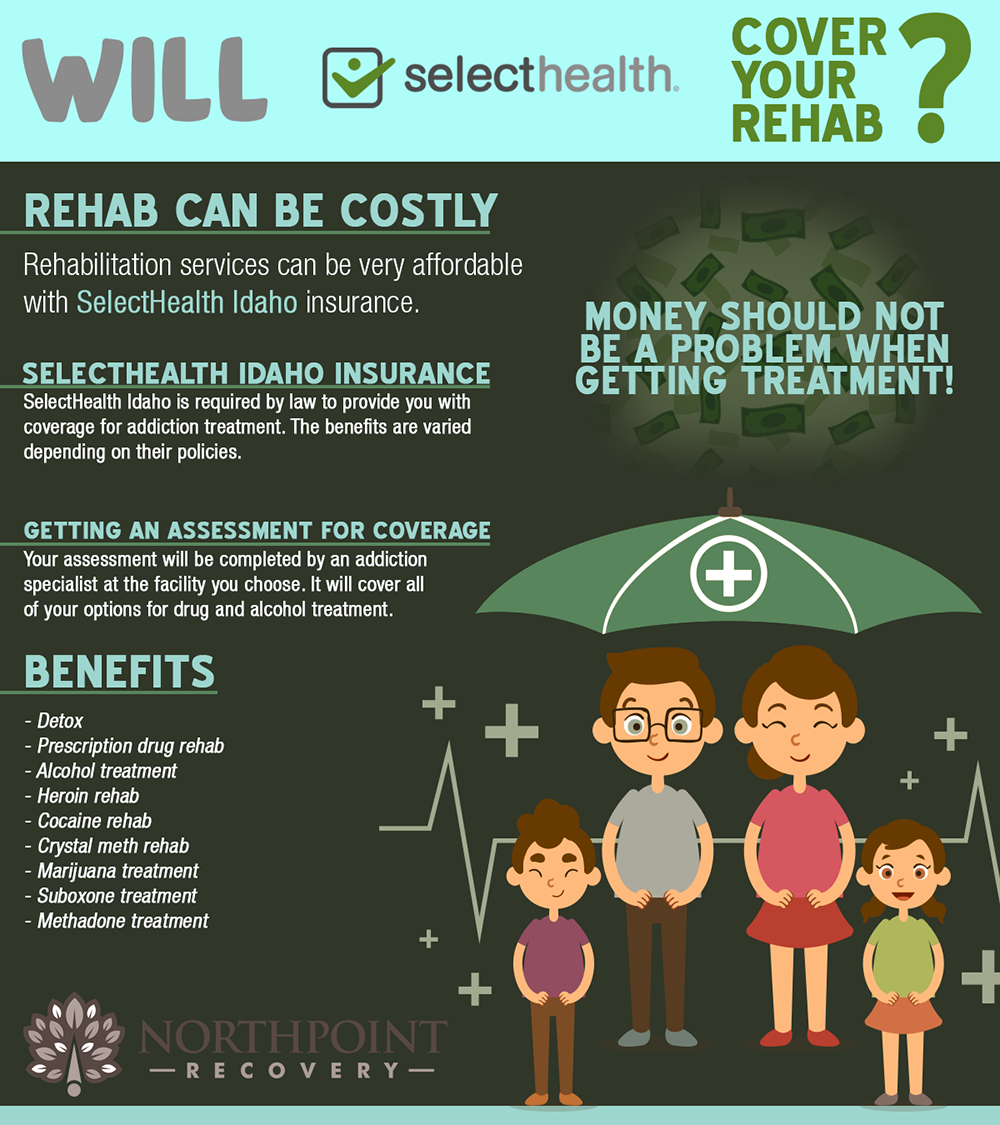Why Aftercare In Drug Rehabilitation Is Vital For Long-Term Recovery. Discover How Support Systems Can Help You Stay Sober And Construct A Meeting Life
Why Aftercare In Drug Rehabilitation Is Vital For Long-Term Recovery. Discover How Support Systems Can Help You Stay Sober And Construct A Meeting Life
Blog Article
Post By-Carrillo Finch
You can't do it alone. Recovery from drug addiction requires a solid support system.
The importance of aftercare in drug rehab can not be overstated. In this short article, we will check out the duty of counseling, the advantages of therapy, and the structure provided by peer support groups in preserving soberness.
So, get a cup of coffee, sit back, and let us direct you through the essential steps of post-rehabilitation support.
The Function of Counseling in Aftercare
If you want to keep your soberness after leaving rehabilitation, it's essential that you proceed taking part in counseling sessions as part of your aftercare strategy.
Counseling plays an essential role in your healing trip by giving ongoing assistance, support, and a safe space to share your feelings and issues.
Through counseling, you can deal with any kind of underlying issues that might have added to your addiction, create coping methods, and learn healthier means to take care of anxiety and desires.
It allows you to resolve any type of unsolved emotions and create a much better understanding of on your own and your triggers.
The Benefits of Treatment in Maintaining Soberness
To maintain your soberness, treatment can provide countless benefits.
- Treatment supplies a secure space for you to explore and address the underlying issues that might have added to your addiction.
- It allows you to resolve your feelings and develop much healthier methods of handling tension and triggers.
- Through therapy, you can obtain a better understanding of on your own and your patterns of actions, which can assist you make favorable modifications in your life.
- Additionally, therapy provides you with a support system of experts that are educated to direct and assist you on your journey to recuperation.
- They can use beneficial insights, tools, and methods to aid you browse the challenges that might develop.
- In therapy, you can find out to establish healthy coping abilities, construct strength, and improve your total well-being.
Peer Support System: A Foundation for Lasting Recuperation
You can discover long-term recovery by actively taking part in peer support groups and connecting with others who share comparable experiences and objectives.
https://blogfreely.net/grisel7antionette/discover-functional-approaches-to-sustain-an-enjoyed-one-fighting-dependency offer a secure and non-judgmental space where individuals in recuperation can integrate to share their struggles, successes, and understandings. By actively taking part in these teams, you can obtain the support and support you require to stay on the path of healing.
Getting in touch with others who've experienced similar experiences can be exceptionally encouraging, as it helps you realize that you aren't alone in your journey. It additionally allows you to pick up from others that have actually successfully gotten rid of similar challenges. With each other, you can celebrate milestones, hold each other accountable, and offer guidance and guidance.
With these connections, you can construct a strong support system that will help you browse the ups and downs of recuperation and ultimately find lasting healing and transformation.
Verdict
You have actually learned about the essential duty of aftercare in drug rehab. Counseling, therapy, and peer support system contribute to lasting healing. Below's a shocking statistic to understand the magnitude of the problem: studies reveal that individuals that get aftercare therapy are 50% more probable to preserve sobriety compared to those who do not.
So, picture the transformative power of these support systems in aiding people recover their lives and build a brighter, drug-free future.
